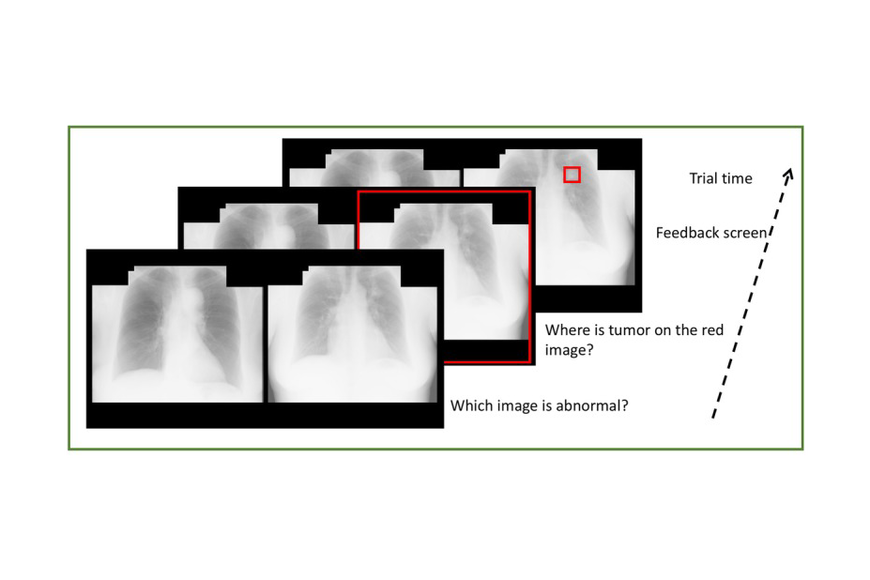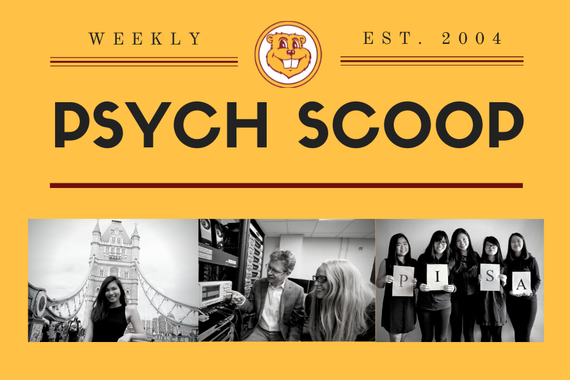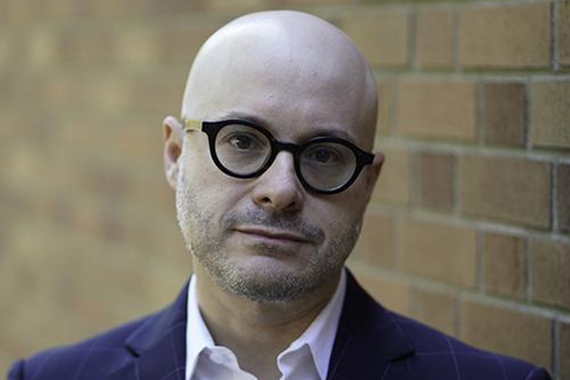Teaching people to learn complex skills quickly
Yuhong Jiang’s research in cognitive psychology can help us imagine new ways to teach people complex skills quickly, including those skills needed to meet the challenges posed by the COVID-19 pandemic.
In the Attention, Memory and Cognition Lab, Jiang and her team study how brains perceive, focus, learn, and remember visual input. One area of interest is perceptual learning - how experience can improve how our sensory systems understand stimuli. In a recent study, Jiang asked if people without any relevant background could be trained quickly to identify complex visual images - chest radiographs with and without lung abnormalities. Simply by comparing multiple images of lungs over a series of five days, participants were able to learn the difference between abnormal and normal lung images.
But could they apply these lessons to new, previously unseen images? Would skills learned during training transfer to the real world? Jiang’s lab demonstrated that yes, skills learned through perceptual learning techniques were retained and could be applied to new images. In addition, they demonstrated the parameters of the images that enhanced understanding. By the end of the training period, participants were successful in transferring their skills from familiar images to new, previously unseen images.
In considering how her research is currently relevant to the challenges we face, Jiang said,
Our recent study showed that novices can learn to identify lung abnormalities after five days of training. This finding has relevance to the current COVID-19 pandemic, as physicians from other specialties are increasingly being asked to treat COVID patients and may need to quickly acquire perceptual skills in reading chest radiographs.
Juhong Jiang, PhD, is a Professor of Psychology, University of Minnesota, Twin Cities. Jiang received her PhD from Yale University in 2000. Her research focuses on understanding the brain and psychological mechanisms of vision, attention, and memory. She is well known for her research on the brain's capacity to learn without conscious awareness. Her research demonstrates that unconscious learning contributes to how people attend to the environment and acquire sophisticated visuospatial skills. She further demonstrates the preservation of this ability in people with neurological disorders such as Parkinson's Disease and Autism Spectrum Disorders. Dr. Jiang has received several awards for her work including the Office of Naval Research Young Investigator Award and the Presidential Early Career Award for Scientists and Engineers.



